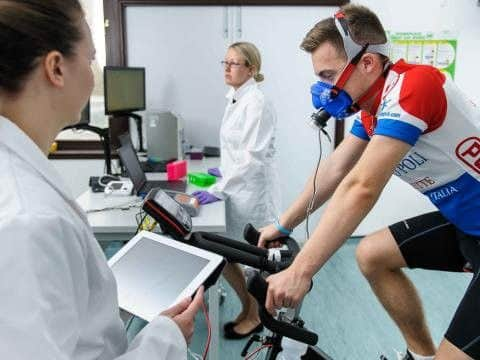Five most innovative life science companies in Scotland
With more than 700 innovative life science companies operating out of Scotland, this industry is continuing to grow and could be worth £8bn by the 2025. Thanks to continued support from the Scottish government, the life science sector employs more than 37,000 people across the country – a figure which is set to rise.
This exciting industry works closely with the main medical universities in Scotland to, amongst other things, develop research into precision medicine, which in time will help save the NHS money.
Advertisement
Hide AdAdvertisement
Hide AdSo what are the most innovative companies and projects happening in Scotland right now?


Synpromics, based in Edinburgh, are leaders in gene control, and aim to improve human health by enabling safer and more effective cell and gene medicines by combining proprietary genomic, bioinformatics and intelligent data driven design. The company develop and commercialise synthetic promoters, which are DNA sequences that do not exist in nature, and are designed to control the activity of genes. Previously, the biotechnology industry relied on naturally occurring promoters. They have developed a unique synthetic promoter technology, alongside a proprietary development platform, PromPT®, which enables the data driven design of synthetic promoters.
The technology has application in gene therapy and biotechnology manufacturing and viral vector bioprocessing.


ReproCELL, based in Glasgow, are the European arm of the Japanese company. The Glasgow site opened in 2016 and is the result of a merger between Biopta and Reinnervate. The research combines human tissue services with stem cell and 3D culture expertise, which can be used to develop predictive assays with improved accuracy. The drug market is moving towards personalised medicine, and the company are well positioned to address this through their expertise in these areas. These predictive assays allow the company to provide cost effective drug discovery screening whilst better predicting the activity of a drug prior to undertaking expensive clinical trials.
Inside Biometrics Limited, based in the Highlands, are involved in the development and marketing of self-tracking products, with the aim of transforming the monitoring of diabetes for millions of sufferers worldwide.
The company were recently awarded the 2017 Life Sciences Award in the Innovation category for their KEYA® Smart blood glucose system. The system allows users to monitor their blood glucose levels, however, unlike others on the market, it is the first to also monitor blood ketones as part of the test, and provide a warning if these levels exceed clinically relevant limits. Ketones are released when there is insufficient insulin in the body, and monitoring the level of these can prevent users becoming seriously ill.
Sartorius Stedim BioOutsource, based in Glasgow, is a leading provider of contract testing services to the global biopharmaceutical and biotechnology industries. These services include biosafety testing, biosimilar testing and cell based bioassays. The company’s innovative approach to assay development allows manufacturers of biopharmaceuticals to make informed data-driven decisions and navigate through the complex drug development process.
Bio Clavis, based in Glasgow, are a spin out of the US-based company BioSpyder Technologies, and are focussed on the development of personalised diagnostics. The company seeks to develop cost effective solutions for individual patients. The products utilise BioSpyder’s proprietary TempO-Seq® transcription/genomic platform technology, to create novel diagnostic tools for precision medicine. The team work in close collaboration with the health service and university researchers to develop the next generation of genomic diagnostics.
